 Rhys |
Rhys |  Post a Comment |
Post a Comment |  Rhys Logan,
Rhys Logan,  africa,
africa,  arusha,
arusha,  engikaret,
engikaret,  faces4hope,
faces4hope,  maasai,
maasai,  maasailand,
maasailand,  mission media,
mission media,  mission work,
mission work,  tanzania in
tanzania in  non profit media
non profit media  Rhys Logan,
Rhys Logan,  africa,
africa,  arusha,
arusha,  engikaret,
engikaret,  faces4hope,
faces4hope,  maasai,
maasai,  maasailand,
maasailand,  mission media,
mission media,  mission work,
mission work,  tanzania in
tanzania in  non profit media
non profit media  Sunday, February 26, 2012 at 08:53AM
Sunday, February 26, 2012 at 08:53AM The month has absolutely flown by and learning a whole new culture and language and seeing some of the world has been a complete blast. It has been great to be here and see so many new things, but approaching a month here, I am really looking forward to really focusing even more and working more effectively in covering the truly amazing and truly compelling stories and people here. I need your help. We need your help. Faces4Hope is on the verge of something big, and I really do hope that if you are reading this, you will at least find out more about it.
thank you so much for looking,
Rhys
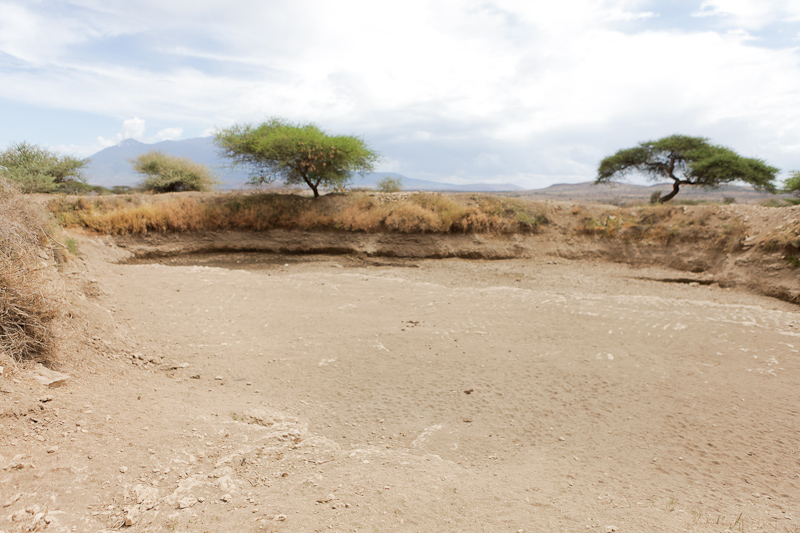 This is a local watering hole near the Maasai bomas. Completely dry and cracked, most Maasai have to rely on these holes, and the putrid water that becomes contaominated extremely quickly, which only comes from rainwater. Otherwise, it is not uncommon for Maasai women to travel 20 kilometers to get water for their families. Maasai men walk even farther to find water for their cattle and goats.
This is a local watering hole near the Maasai bomas. Completely dry and cracked, most Maasai have to rely on these holes, and the putrid water that becomes contaominated extremely quickly, which only comes from rainwater. Otherwise, it is not uncommon for Maasai women to travel 20 kilometers to get water for their families. Maasai men walk even farther to find water for their cattle and goats.
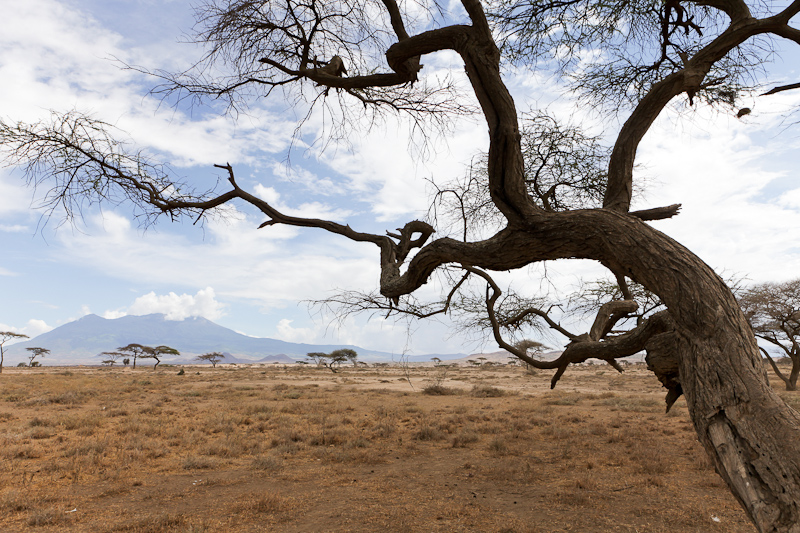
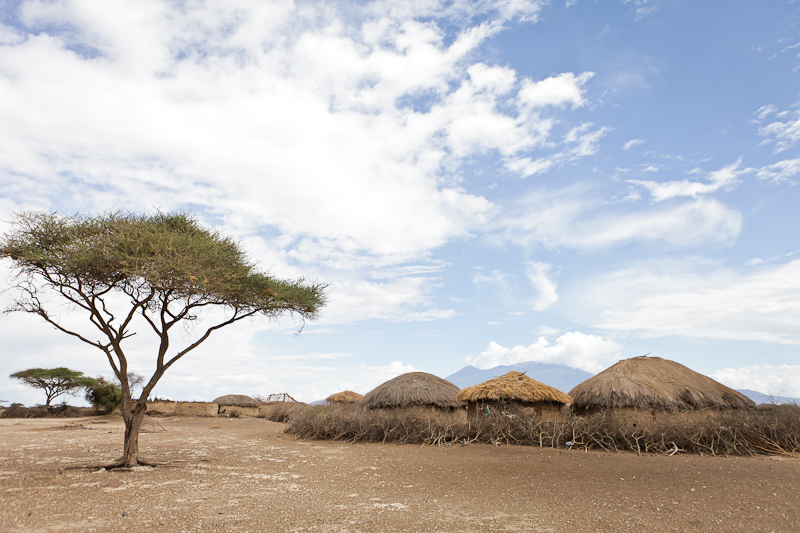
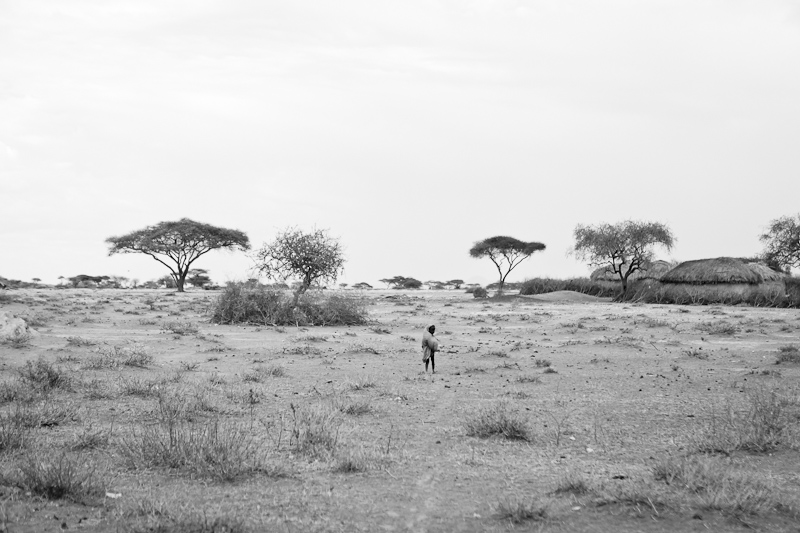
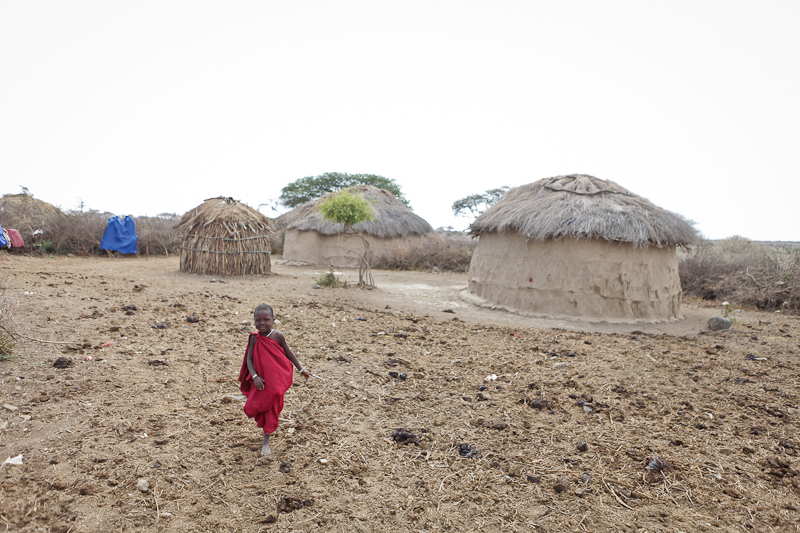
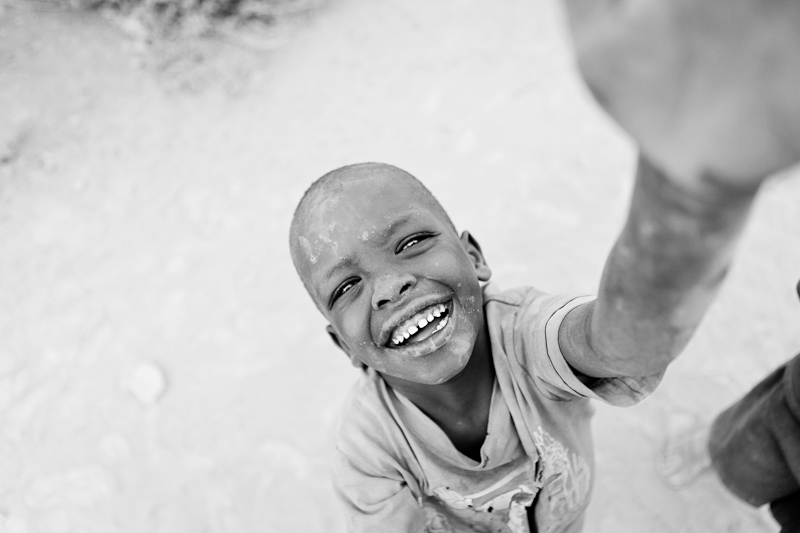
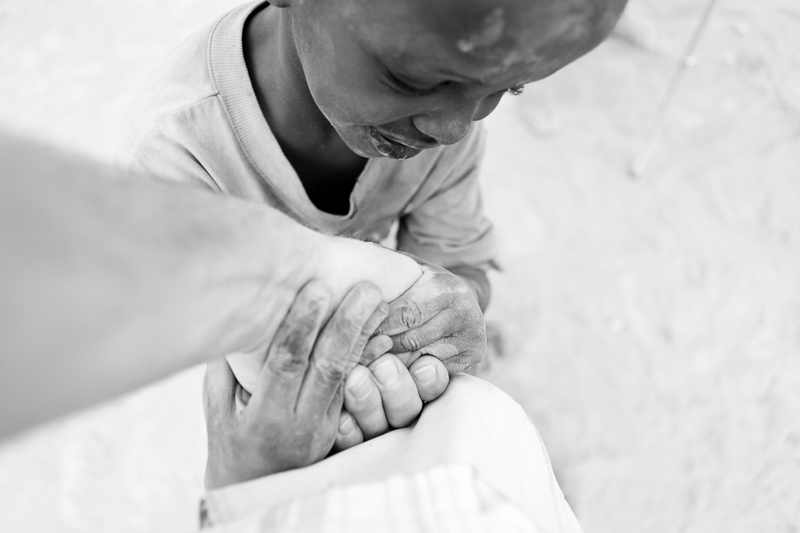
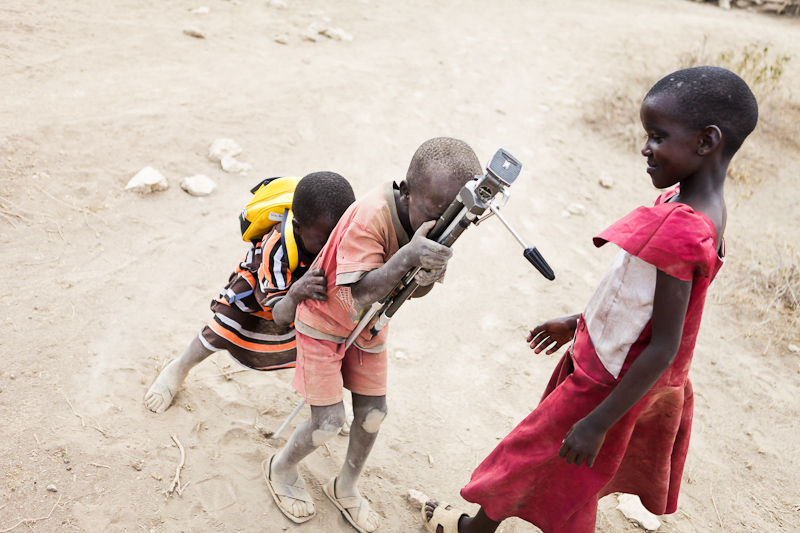 This little guy got a huge kick out of me laughing at him, pretending to be me using my camera.
This little guy got a huge kick out of me laughing at him, pretending to be me using my camera.
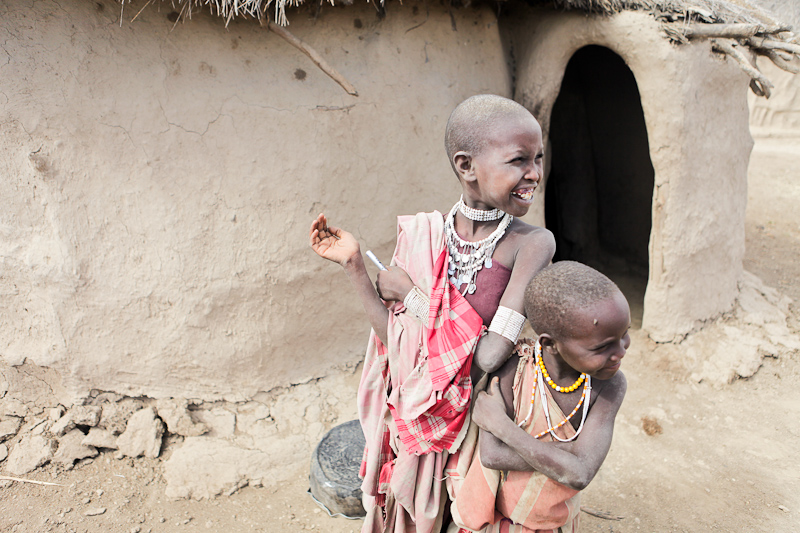
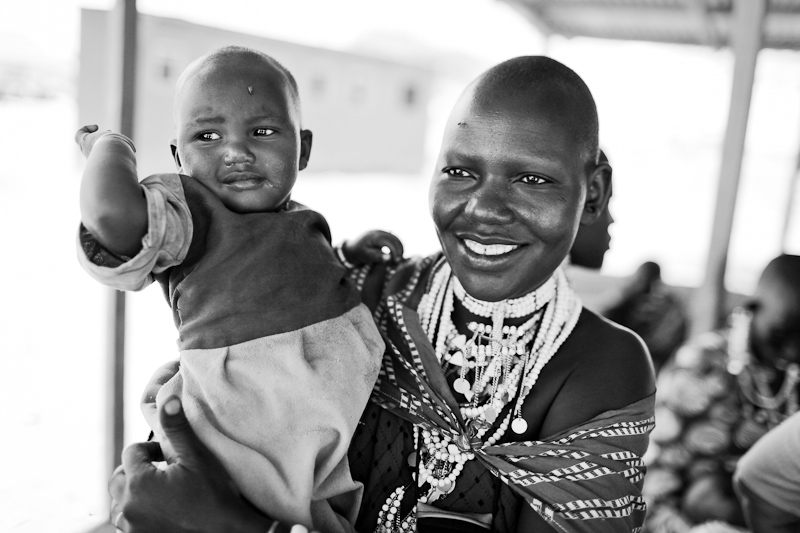
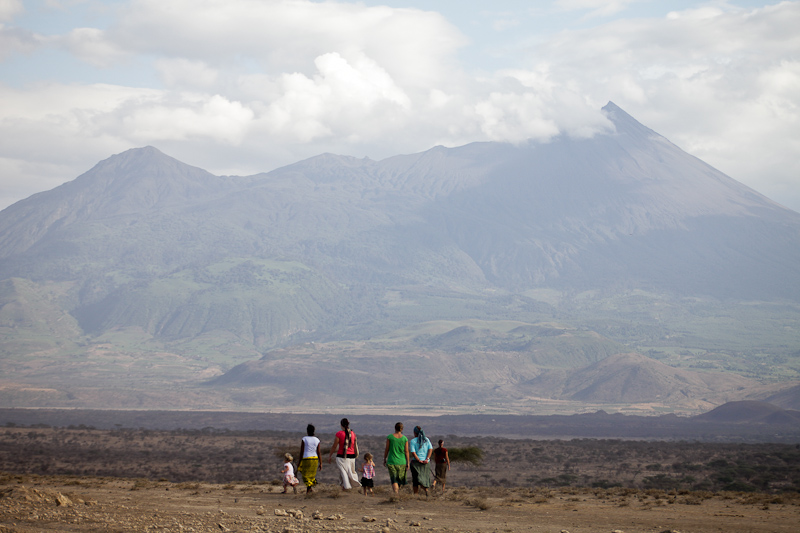
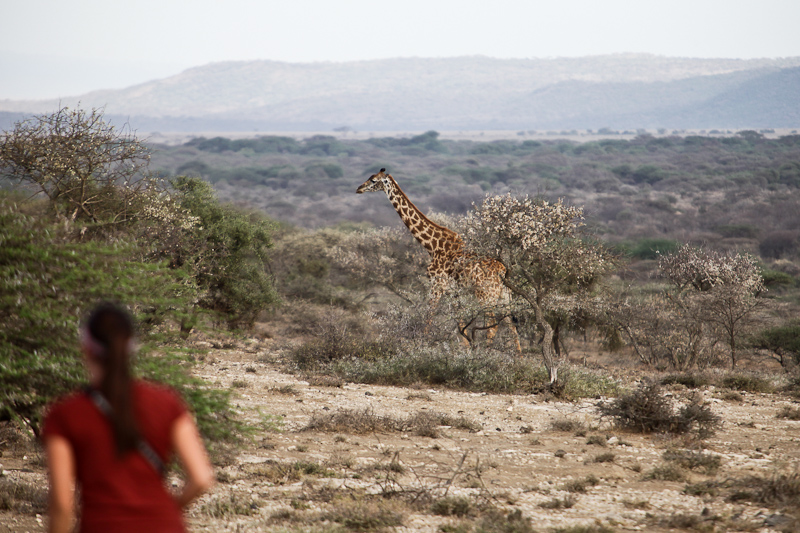
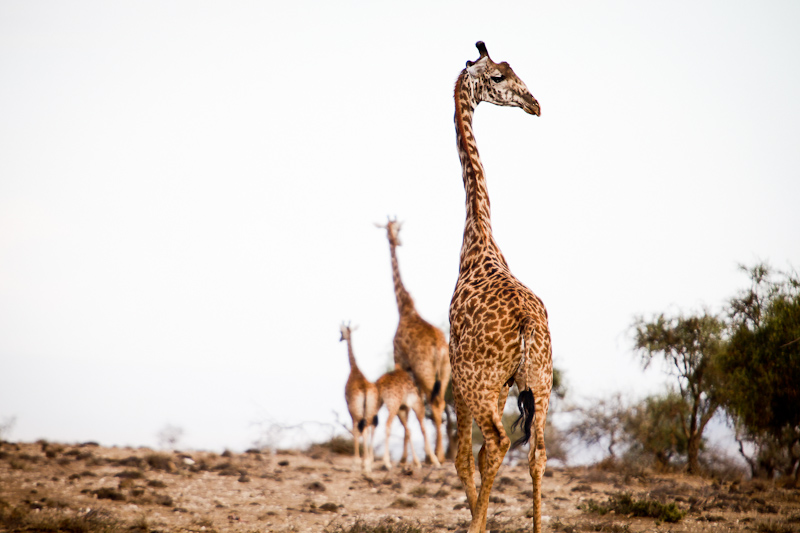
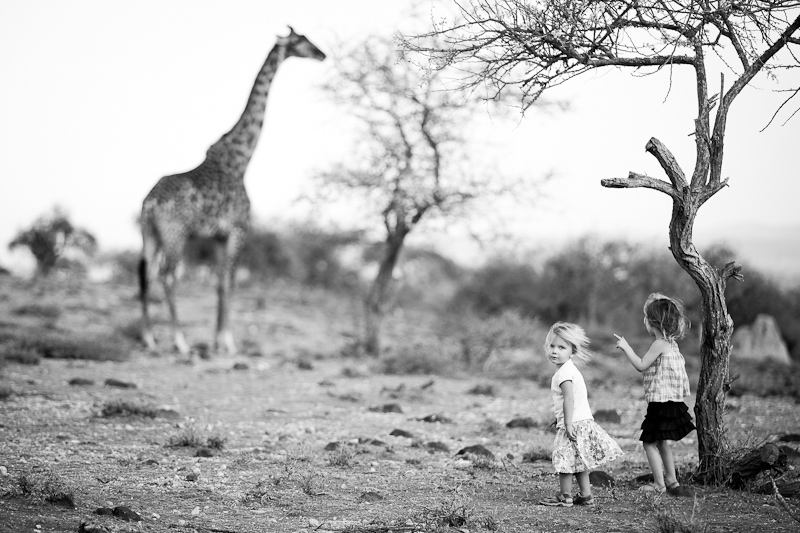
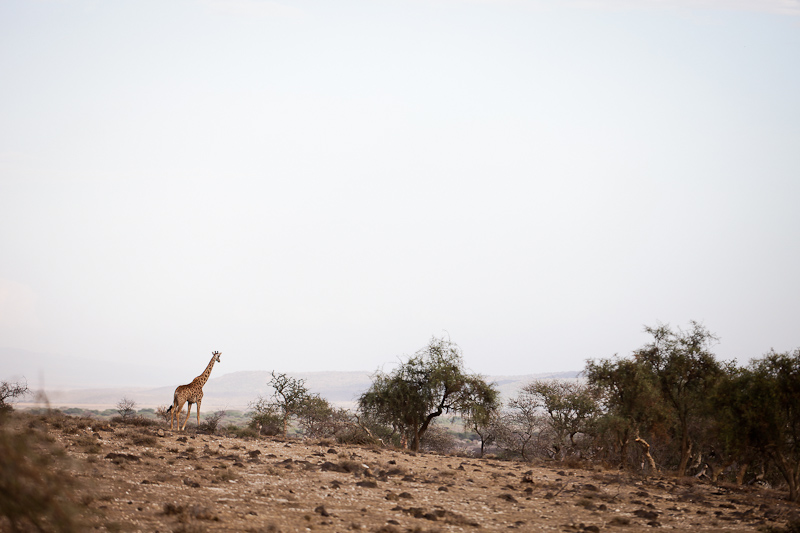
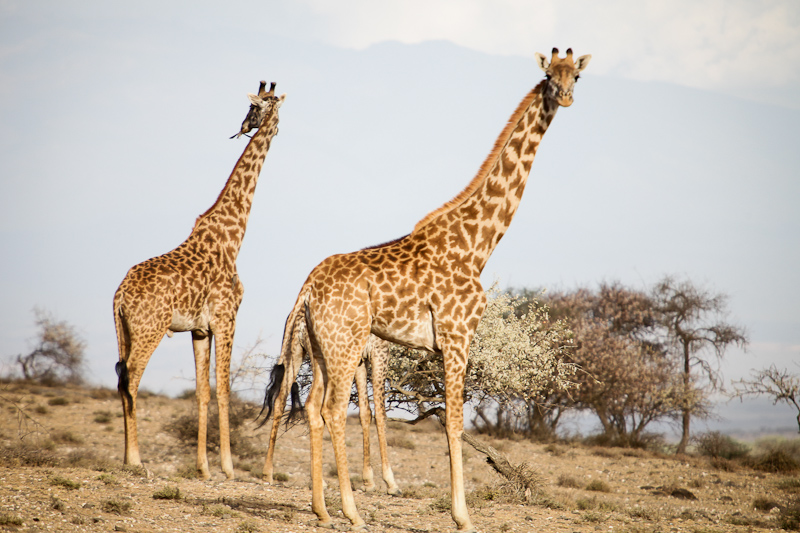
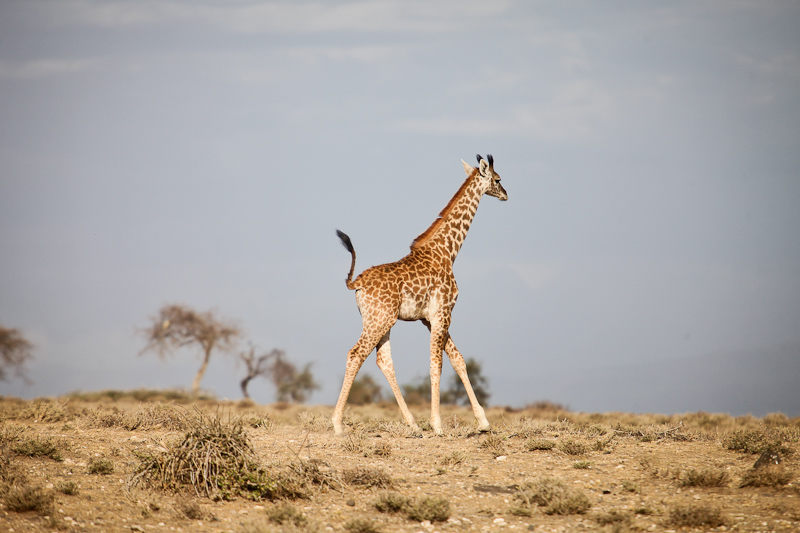
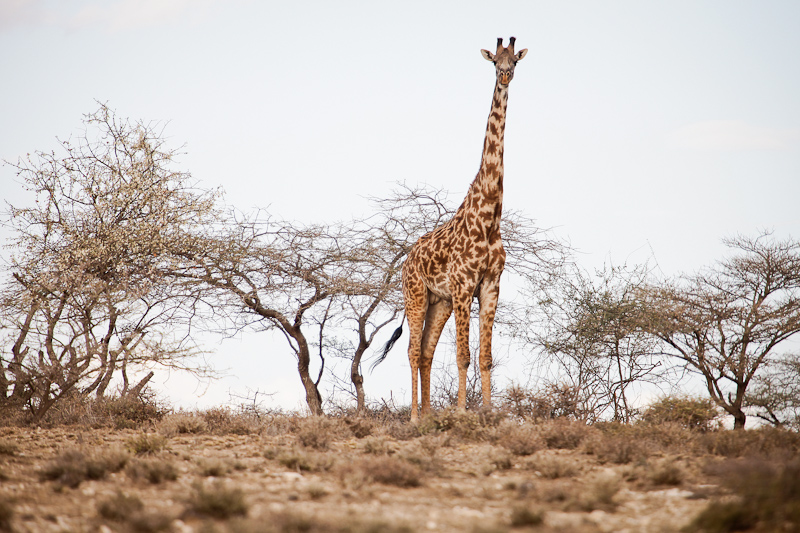
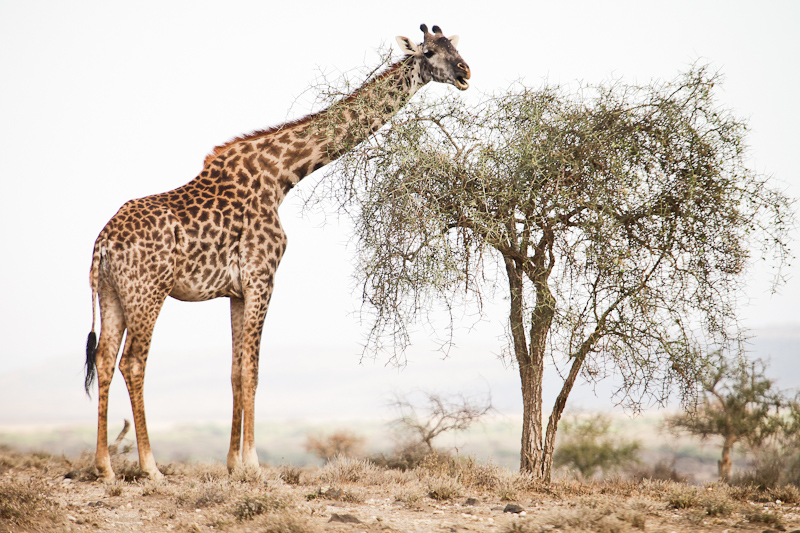
 Rhys Logan,
Rhys Logan,  africa,
africa,  engikaret,
engikaret,  faces4hope,
faces4hope,  giraffes,
giraffes,  savannah,
savannah,  tanzania,
tanzania,  travel photography
travel photography  Thursday, February 23, 2012 at 10:00AM
Thursday, February 23, 2012 at 10:00AM Love them or hate them, the idea of iPhones being used journalistically is not a new idea. I have actually been able to capture some photos, that I may not have been otherwise able to however, since they are so small and sometimes unnoticeable. Using the new 4S, this whole gallery is made of images from my phone.
thanks for looking
Rhys
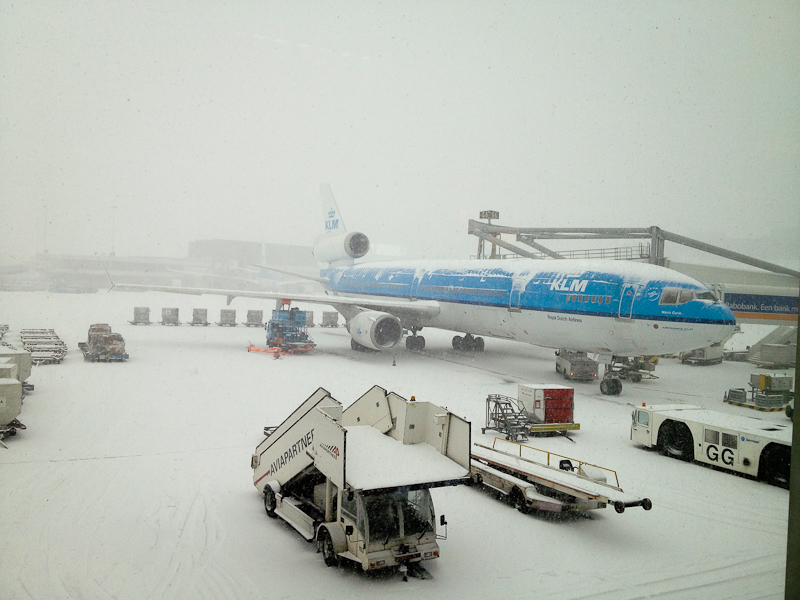
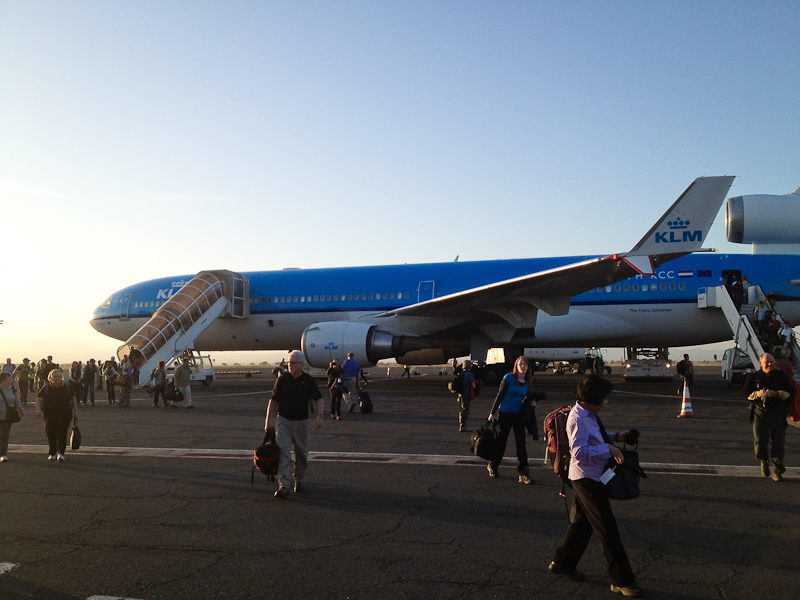
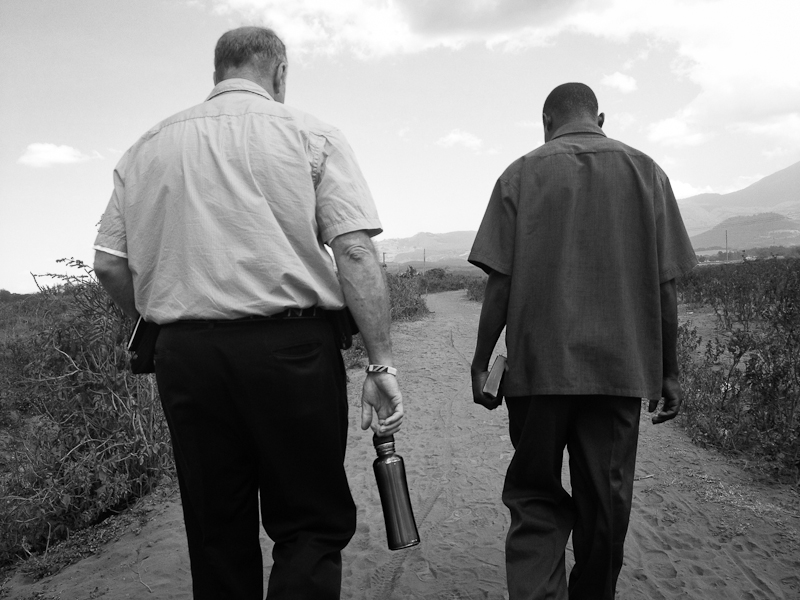
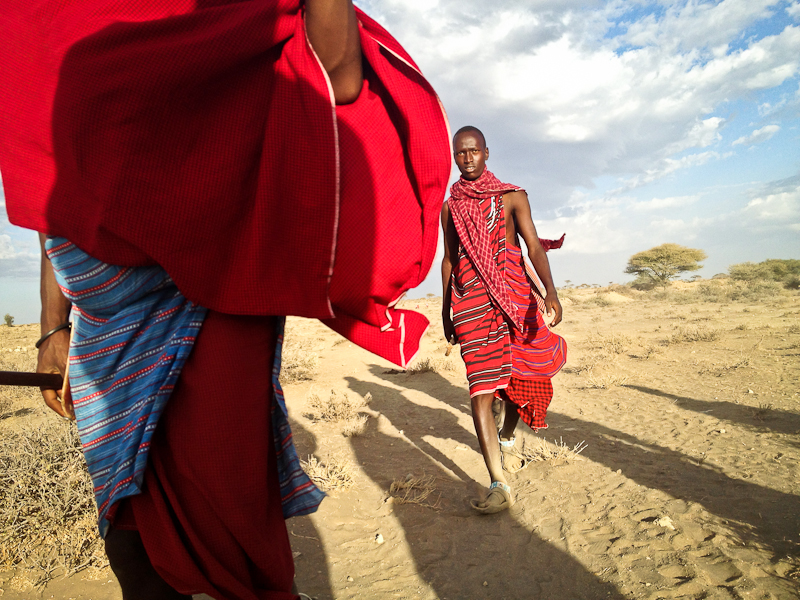
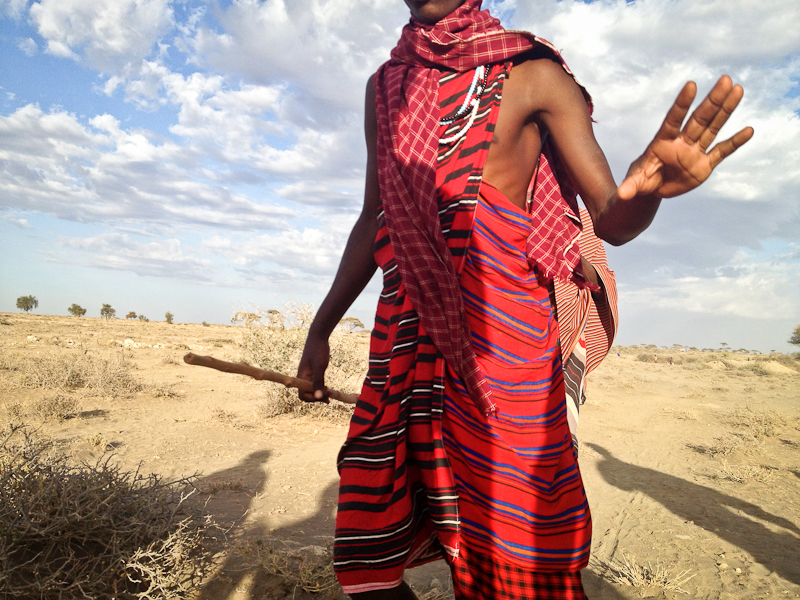
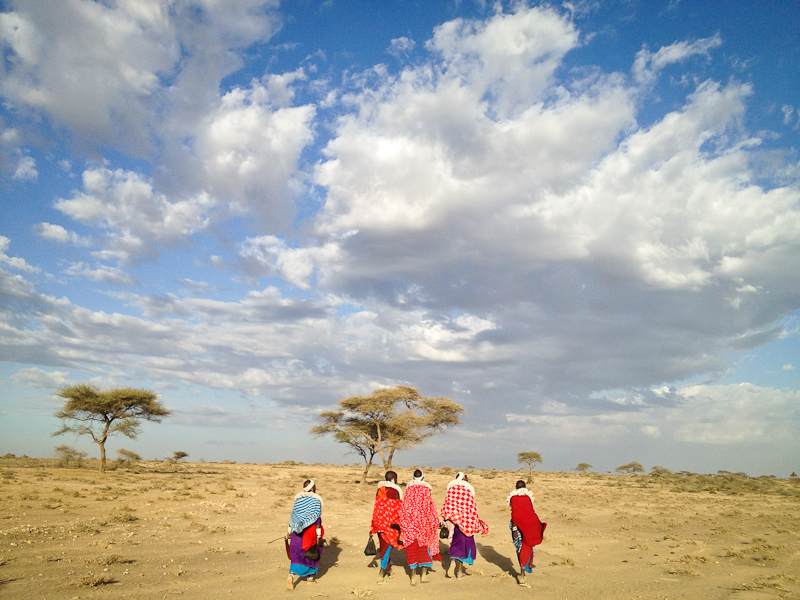
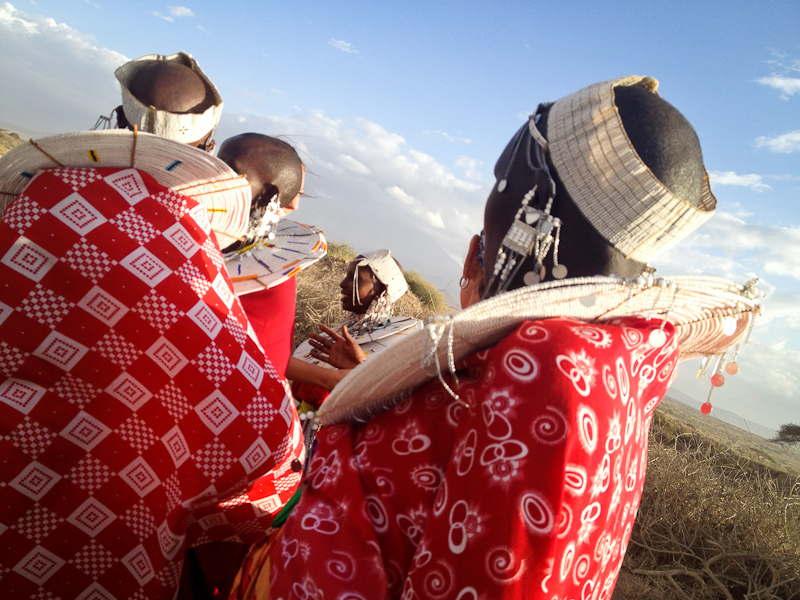
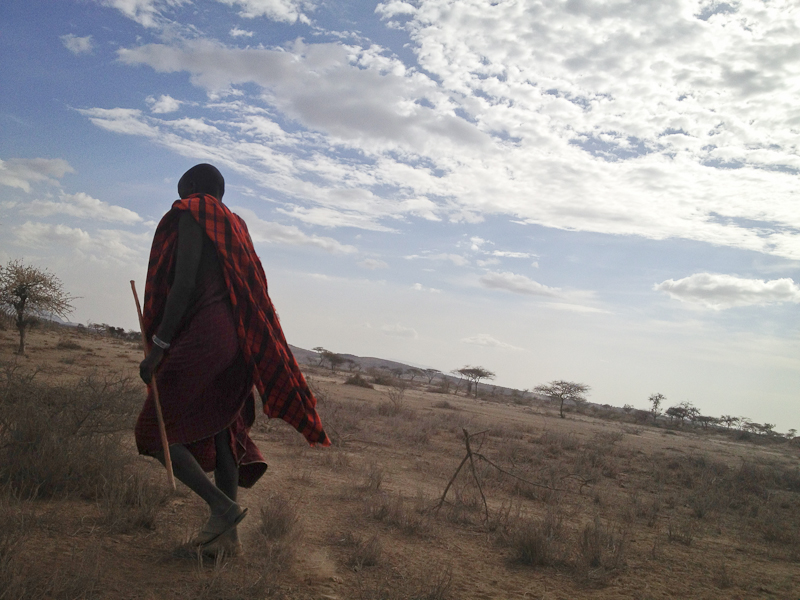
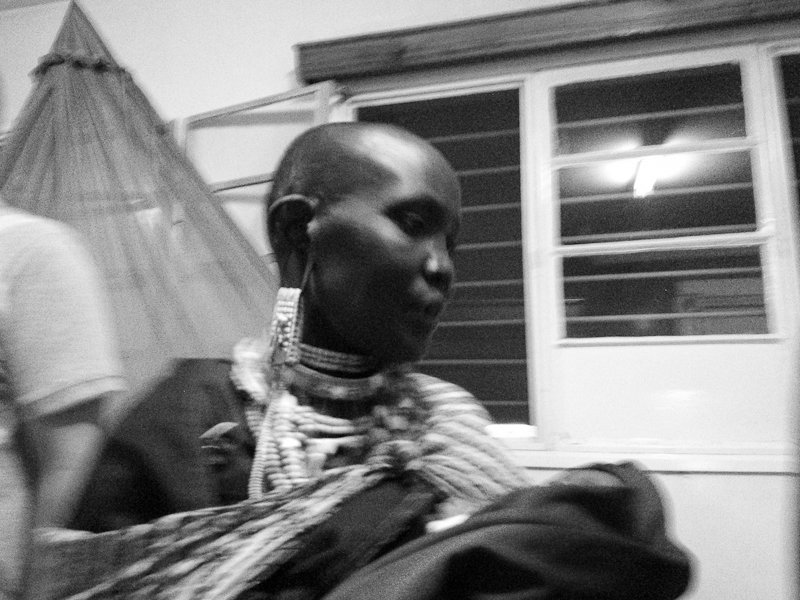
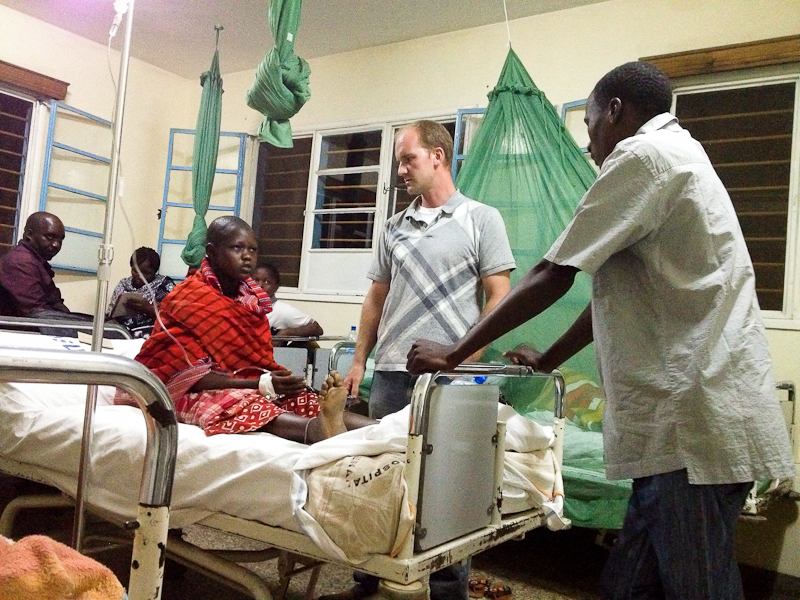
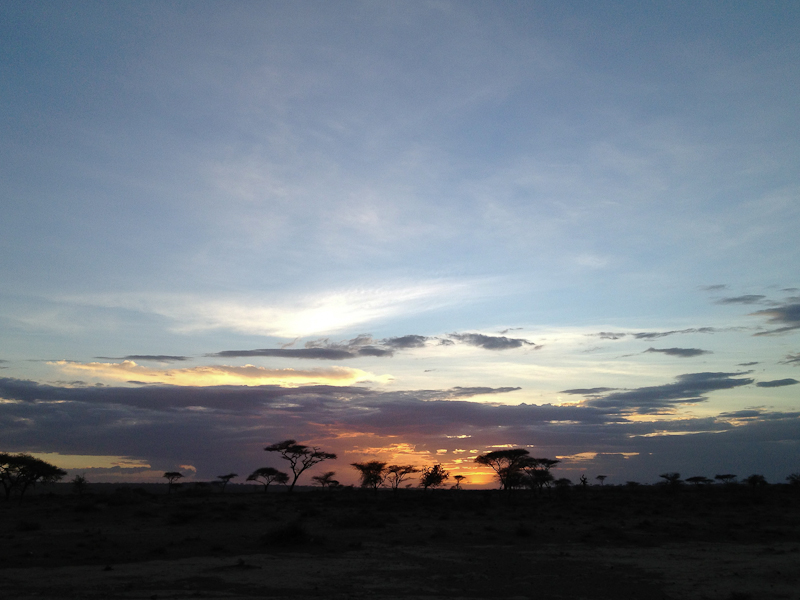
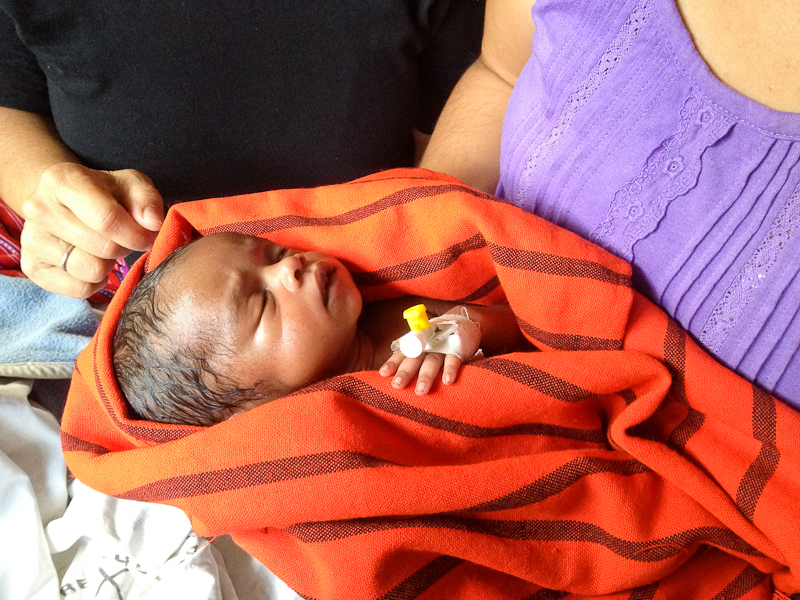
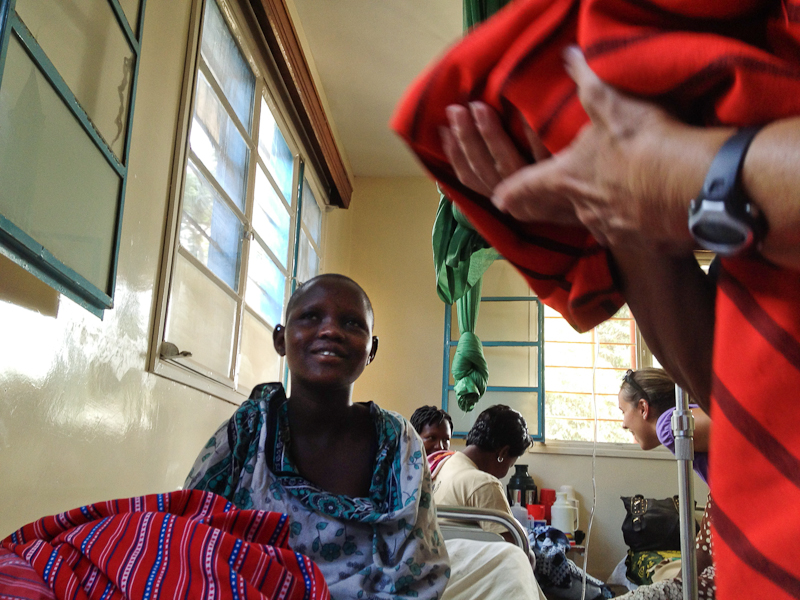
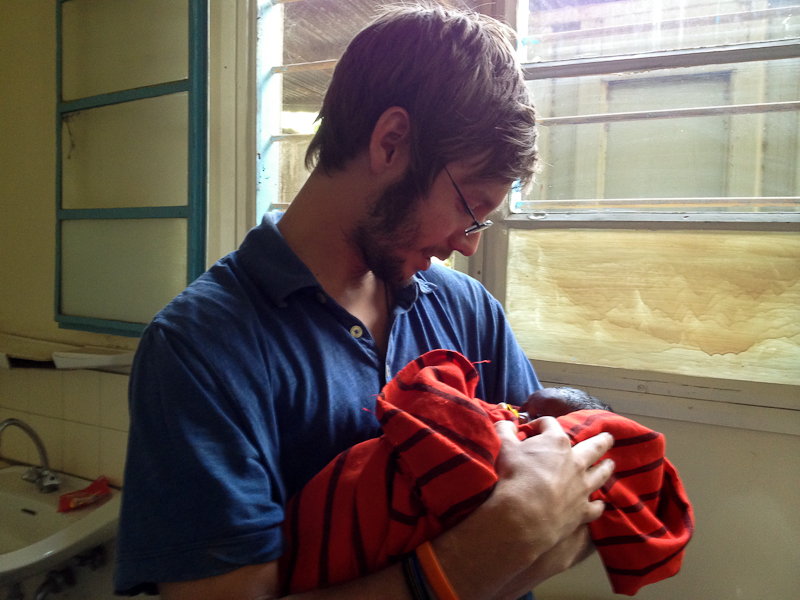
 Friday, February 17, 2012 at 10:51PM
Friday, February 17, 2012 at 10:51PM We visited the church of the Bishop Joshua, a Maasai man, who has become one of the most well known pastoral figures in East Africa. Born with Polio in the Bomas of the Maasai people, he was miraculously healed and has planted over 80 churches in the area. Refusing to take a position in a mega church, he stays in his home church in Olesambo until it grows large enough to send some out to begin a new one. He has escaped multiple assassination attempts by the leaders of local Maasai who are opposed to his evangelism. The level of persecution he has been subjected to is astounding. The the late 1990's, BBC investigated a story in which he was taken out and beaten to death by the Maasai in the area, but was seen after completely healed. After spending the weekend on the base in Arusha, we returned to Engikaret.
CORRECTION; The baby and mother in my previous blog names are Sikata, the mother, whose baptismal name is Resiki. The Baby's name had been decided later and is now Sarah.
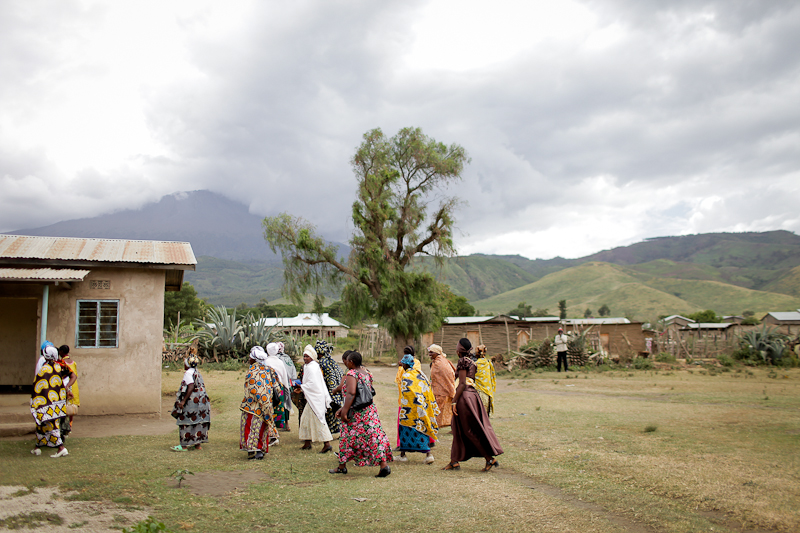
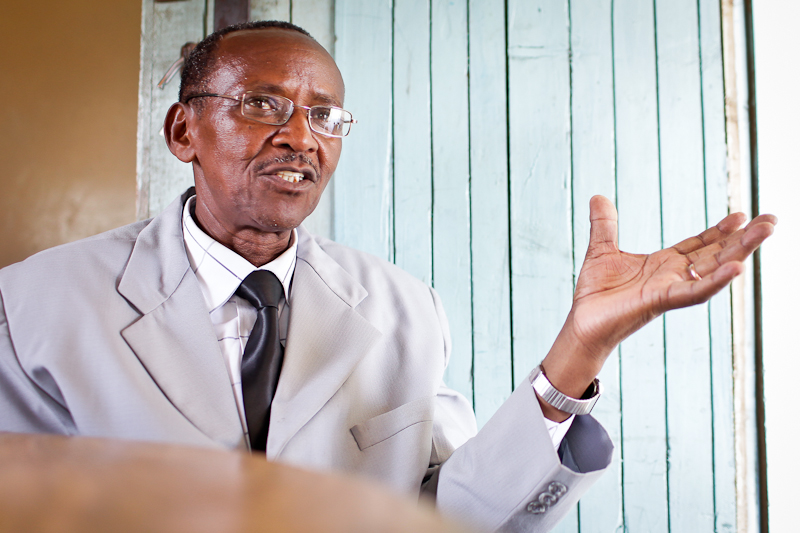
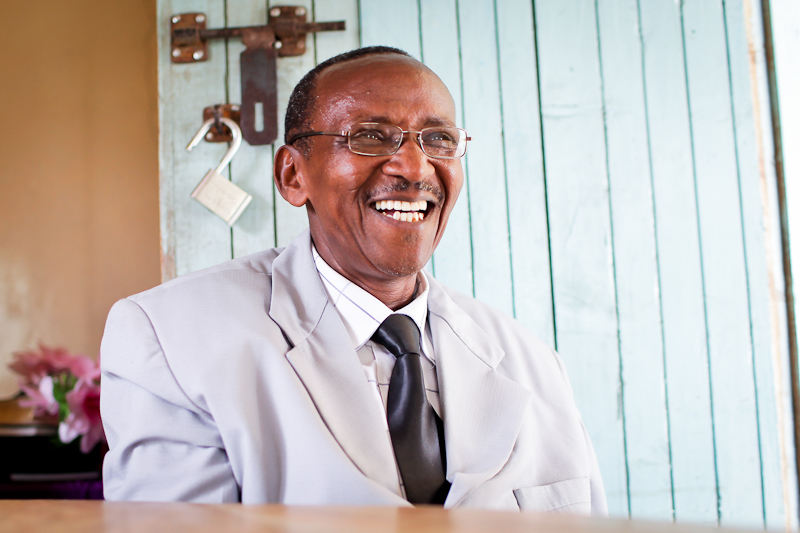
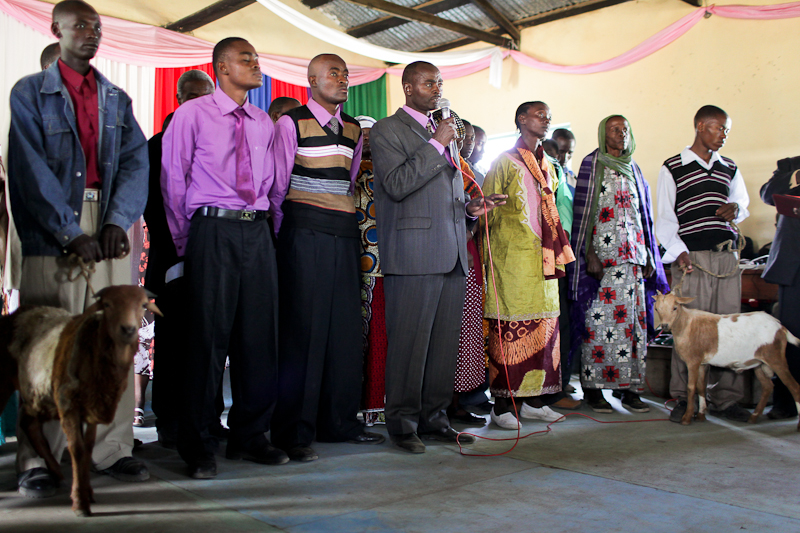 Tithing is not restricted to money here in Africa. Families give what and how they can. Chickens goats and food can be common gifts to churches.
Tithing is not restricted to money here in Africa. Families give what and how they can. Chickens goats and food can be common gifts to churches.
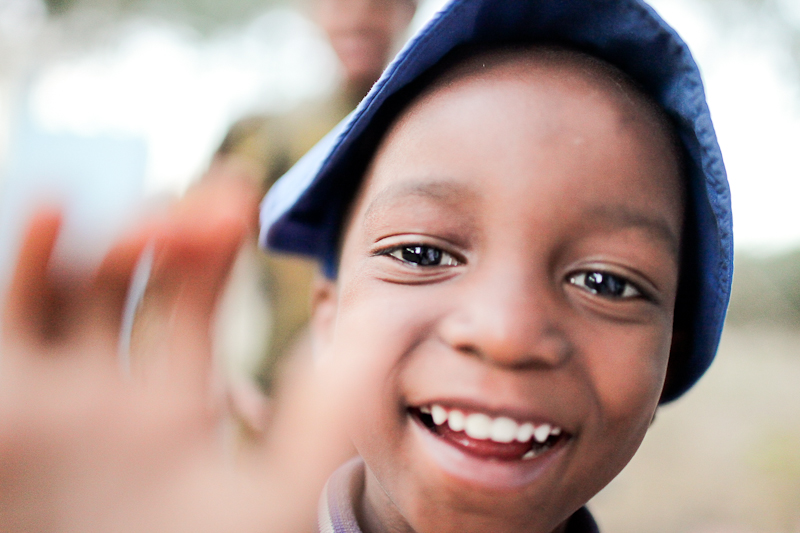 This is Joyful, Joyful is the son of a YWAM staff member, Staff members live with their families full time on the base.
This is Joyful, Joyful is the son of a YWAM staff member, Staff members live with their families full time on the base.
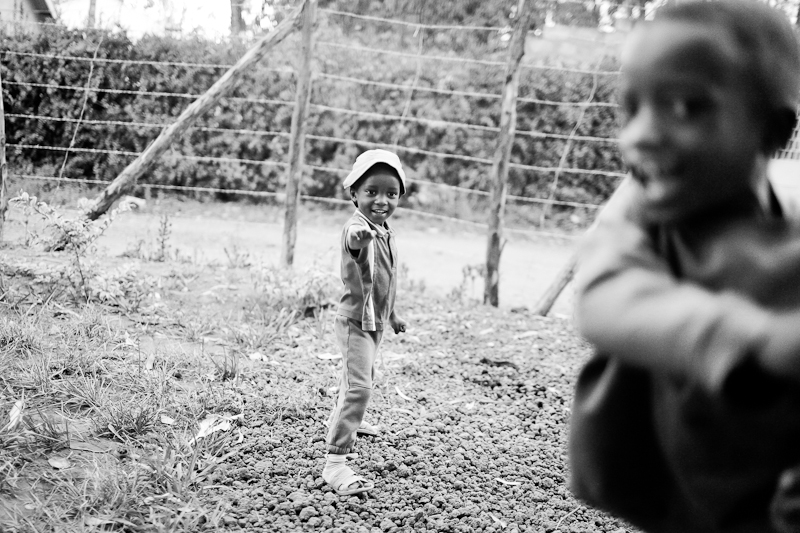
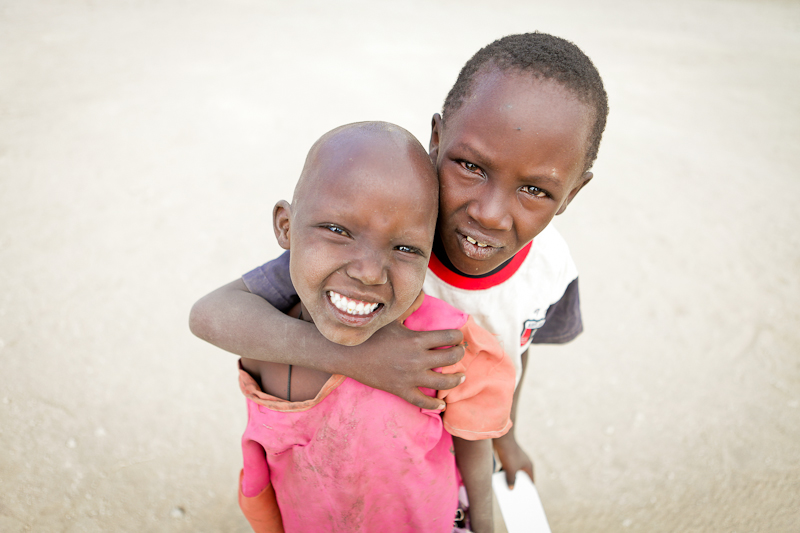
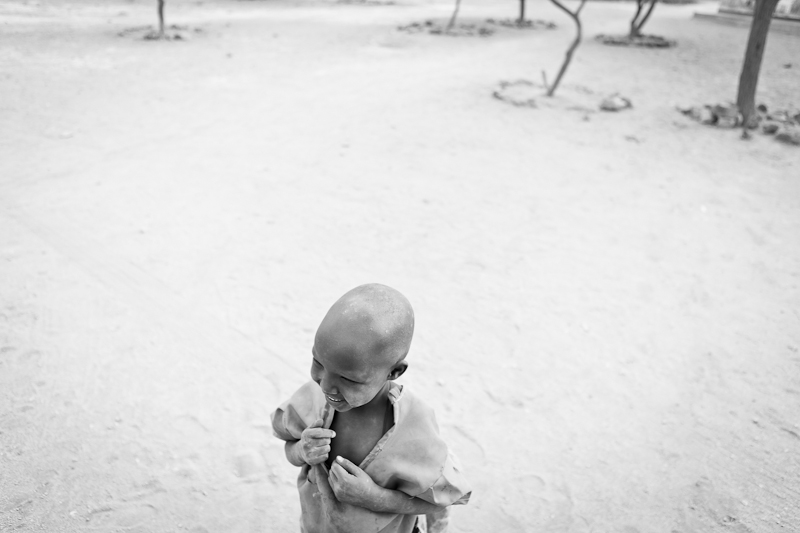
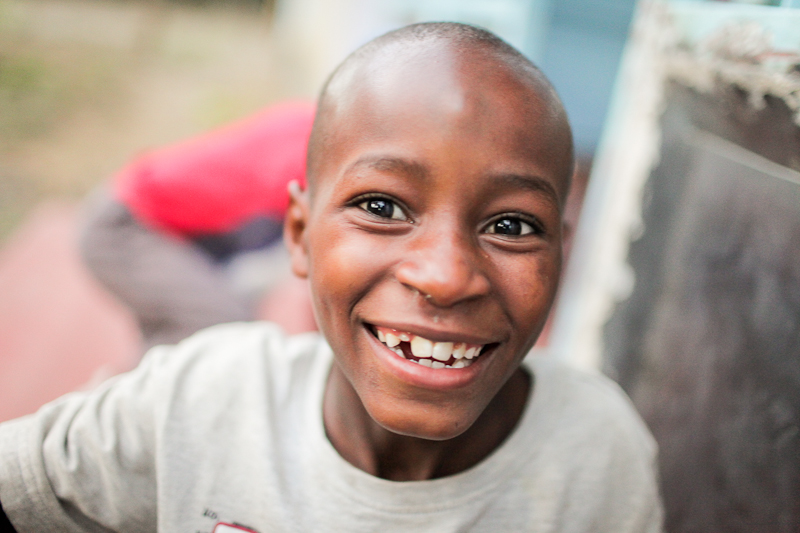 This is Jackson. Jackson is a huge personality and is somewhat of a base celebrity. Jackson stays in the Tumaini House, built by CTK Church in Bellingham, the Tumaini House is a four story building intended to house children without families. More than an orphanage, the Tumaini House seeks to provide the love and support of a family environment.
This is Jackson. Jackson is a huge personality and is somewhat of a base celebrity. Jackson stays in the Tumaini House, built by CTK Church in Bellingham, the Tumaini House is a four story building intended to house children without families. More than an orphanage, the Tumaini House seeks to provide the love and support of a family environment.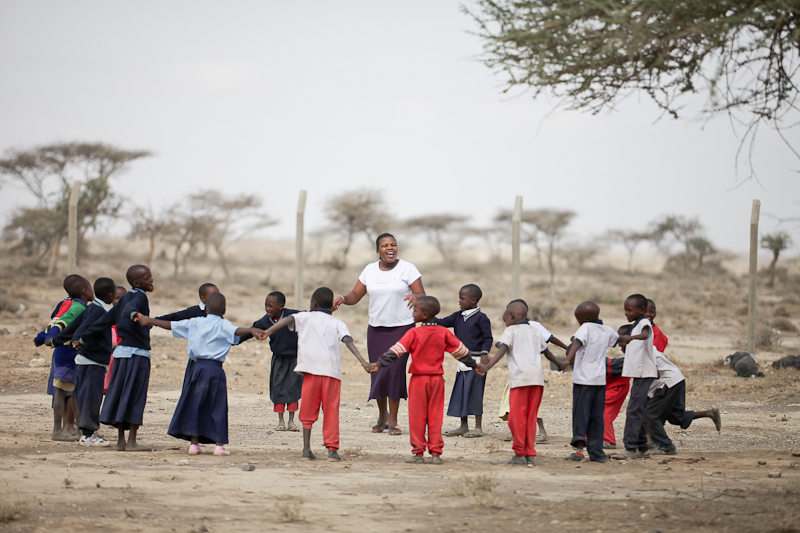
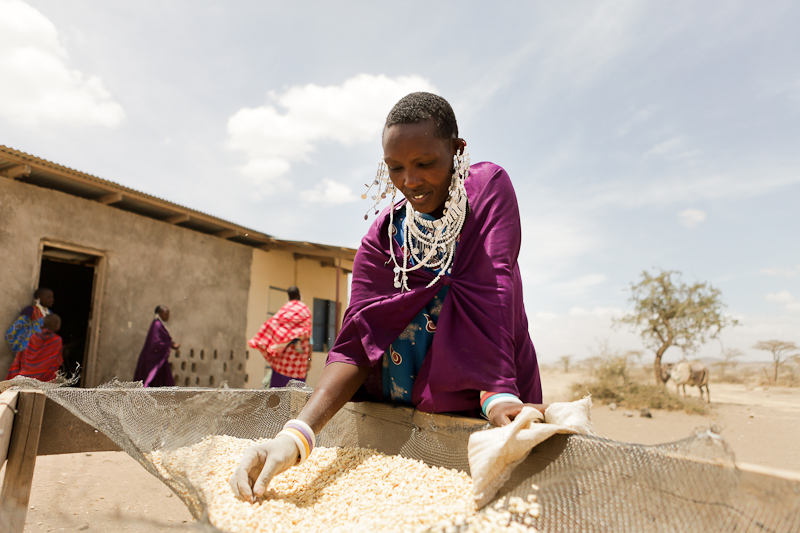 A small store at the YWAM base in Engikaret allows local Maasai women to buy basic provisions like drinking water, soap, oil, sugar and even flashlights. The store is also equipped with a corngrinder, for women to haul their dry corn to be sorted and ground into flour, or ground to make a type of porridge.
A small store at the YWAM base in Engikaret allows local Maasai women to buy basic provisions like drinking water, soap, oil, sugar and even flashlights. The store is also equipped with a corngrinder, for women to haul their dry corn to be sorted and ground into flour, or ground to make a type of porridge.
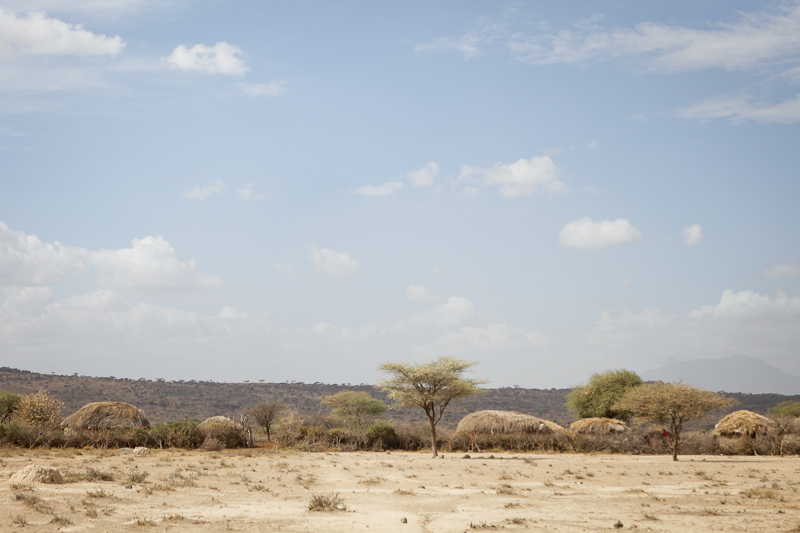 Maasai Bomas
Maasai Bomas
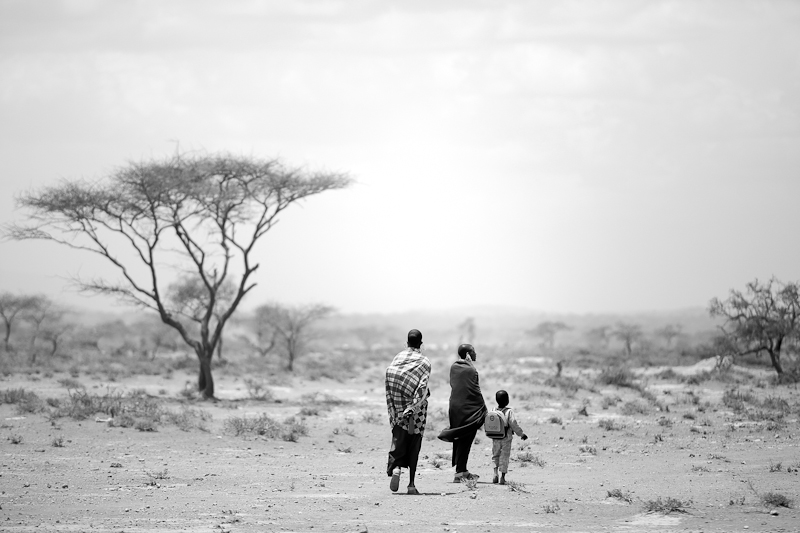
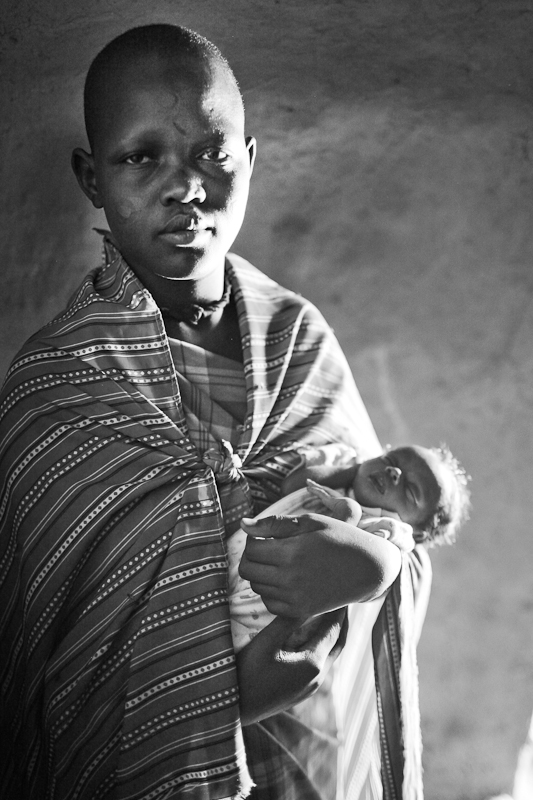 This is Resiki and her baby Sarah. This portrai was made inside their boma. We visited them to ensure that baby Sarah was able to feed since she had contracted an STD from her mother and was severely dehydrated. We ended up taking them both to the hospital. Both are recovering and have returned to their boma.
This is Resiki and her baby Sarah. This portrai was made inside their boma. We visited them to ensure that baby Sarah was able to feed since she had contracted an STD from her mother and was severely dehydrated. We ended up taking them both to the hospital. Both are recovering and have returned to their boma.
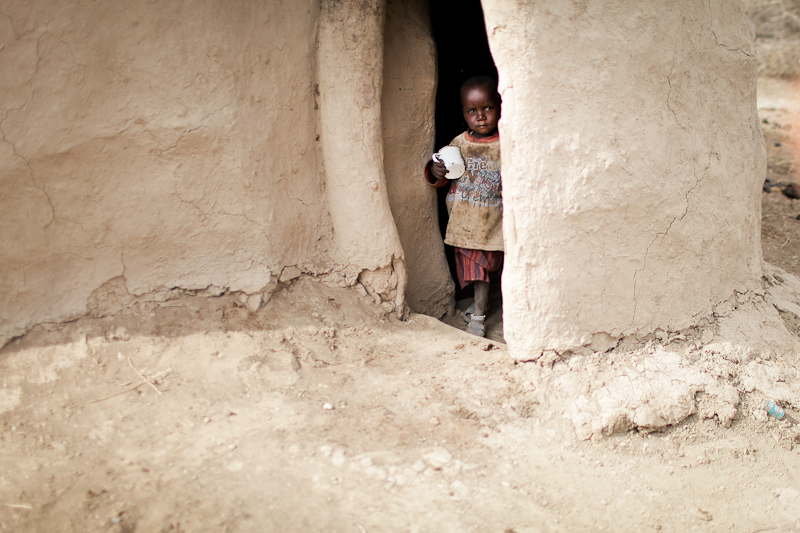
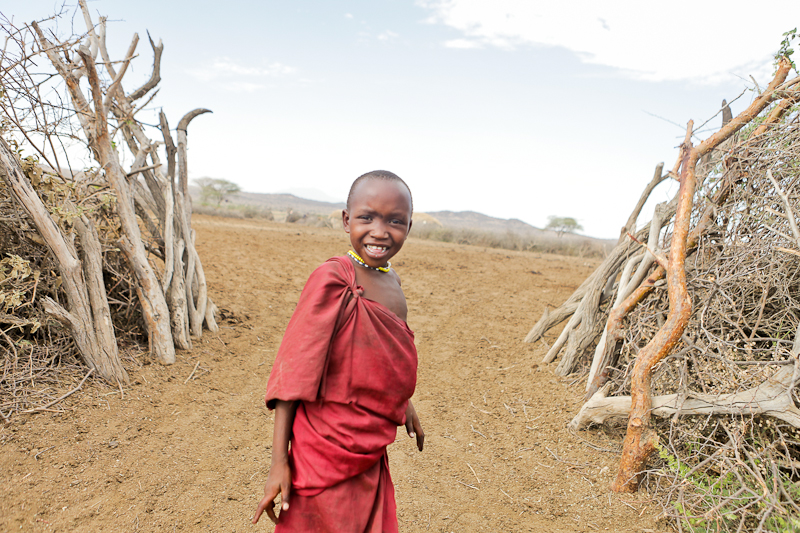
Driving from Arusha to Engikaret is always an adventure. The roads are full of people, motorcycles, carts, and animals. Honking your horn is actually a sort of polite thing to do, since it announces you are coming, and coming very quickly. Driving on the left side of the road has been comically stressful enough, but with no lines and most of the roads being washed out dirt paths, I have practically worn a hole in my shoe pressing my imaginary brake pedal. There are potholes here, that I don't really think can be considered potholes. When you have to drive down into the pothole, and up and out the other side, its more like a crater.
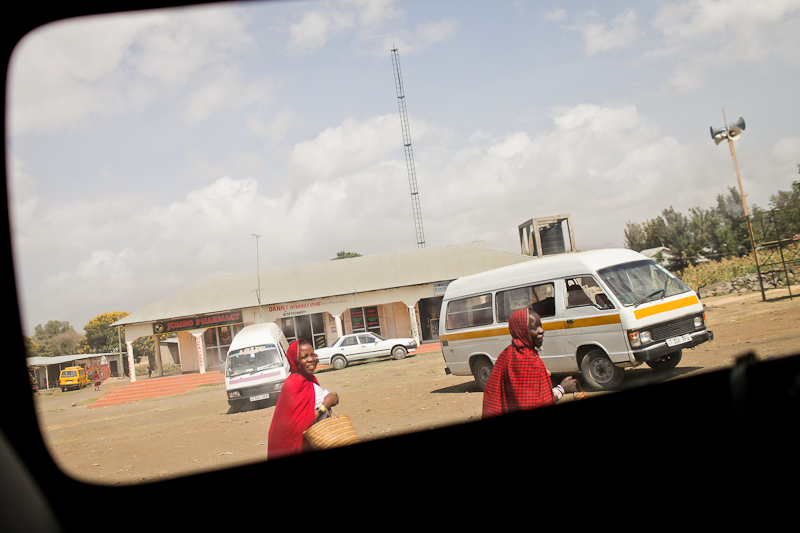
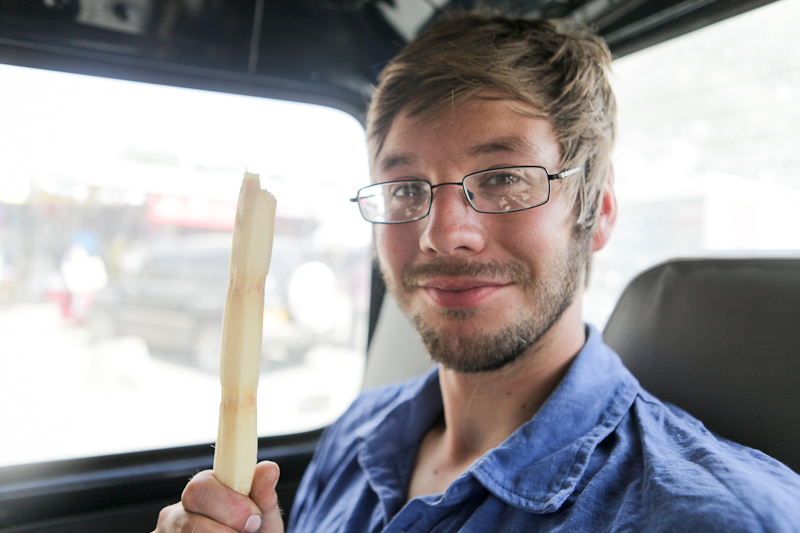 Pure sugar cane. You can buy these as a treat, I watched as a man wth a machete took a 10 foot long cane stack, skinned it in about 8 seconds. The scary part is that you hold the end of it and chops you off a piece, whizzing his machete nice and close to your fingers for effect. It was actually really good, almost more like a drink that you chew. You don't swallow it, but rather suck all the sugar water out and then spit it out. Sort of like chewing on a soft stick.
Pure sugar cane. You can buy these as a treat, I watched as a man wth a machete took a 10 foot long cane stack, skinned it in about 8 seconds. The scary part is that you hold the end of it and chops you off a piece, whizzing his machete nice and close to your fingers for effect. It was actually really good, almost more like a drink that you chew. You don't swallow it, but rather suck all the sugar water out and then spit it out. Sort of like chewing on a soft stick.
Driving here is always an adeventure. The 'roads' are full of people, carts, motorcycles, dala dalas and herds of animals. With no lines and only one main paved road, most the roads are washed out dirt paths with potholes you have to drive to the bottom of and up and out the other side. More like craters. Honking the horn here is actually a sort of polite thing to do. It announces that you are coming, and coming very quickly. Driving on the left side has been comically stressful enough, but when motorcycles pass you on both sides and animals get startled...Needless to say I have worn a hole in my shoe stomping on my imaginary brake pedal.
But driving through this landscape is fascinating. It is sometimes as barren as it is beautiful, and harsh as it lush. With the rainy season approaching, much of the area is parched and dust ridden. Leaving herds vulnerable to dehydration and disease, meaning shepherds, and families must travel greater distances to buy and sell their livelihood crops, or find good water. Everything here, revolves around water, absolutely everything. If there is not enough, you work to find it. If you find it you work to get it, or store it. If you store it, you work to filter it or keep it clean. It is an invaluable resource and I am learning its luxury.
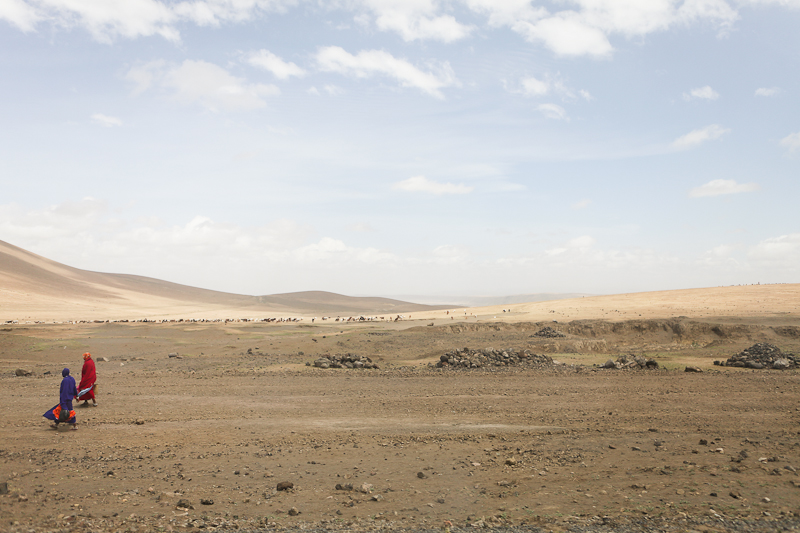
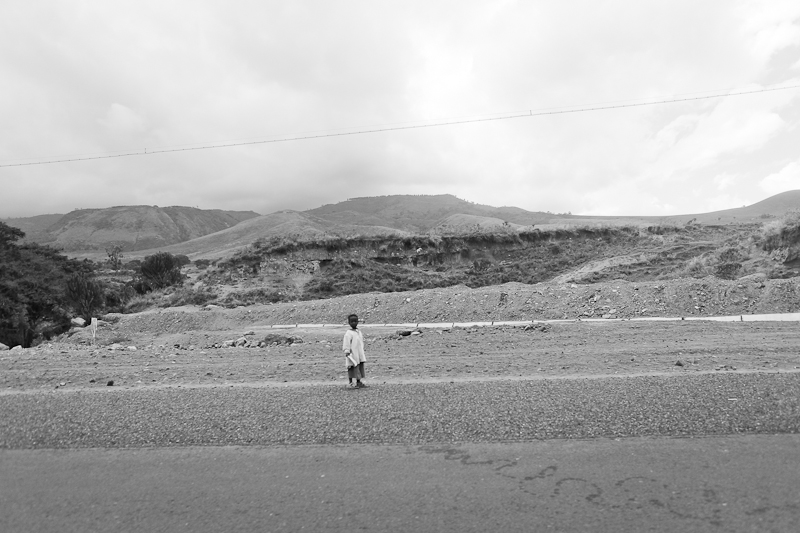
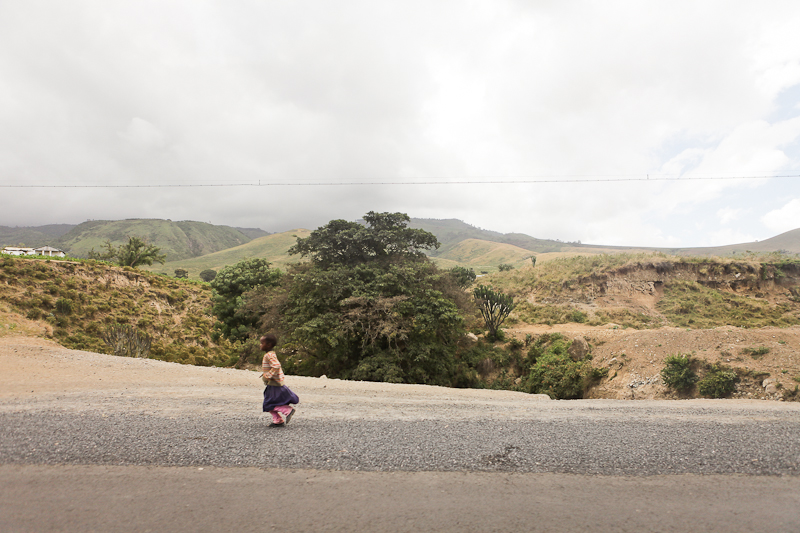
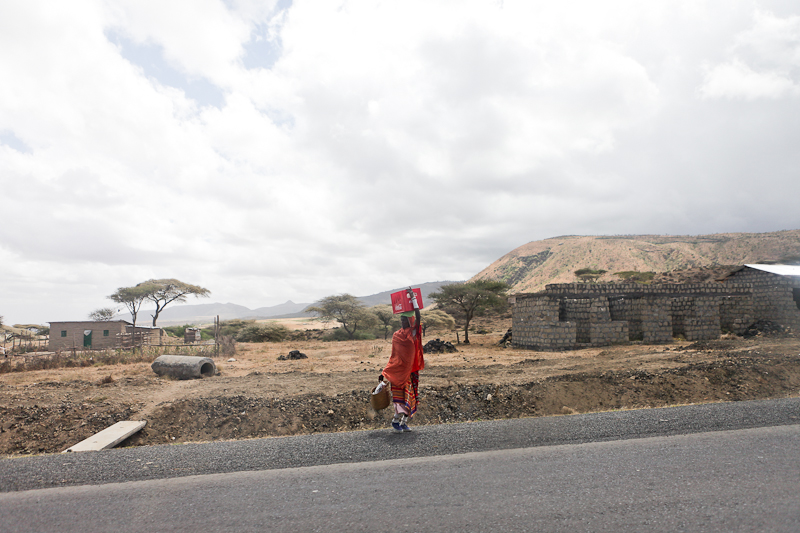
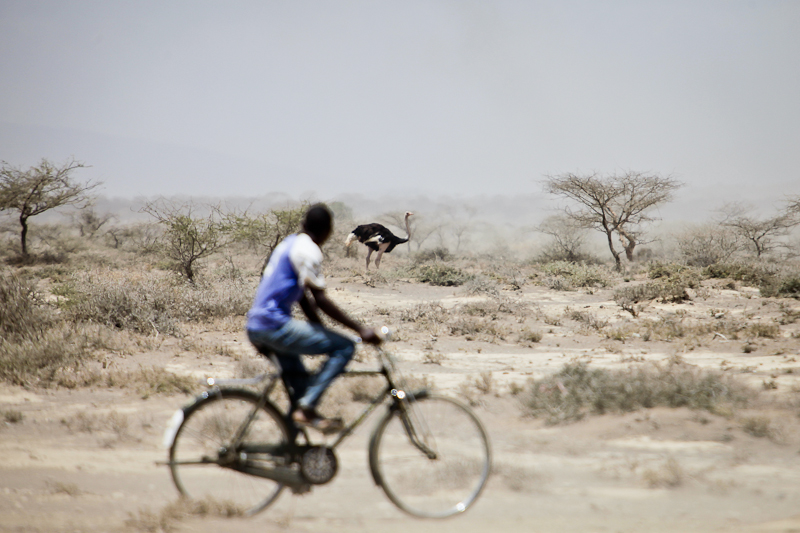 Sometimes this place is a trip
Sometimes this place is a trip
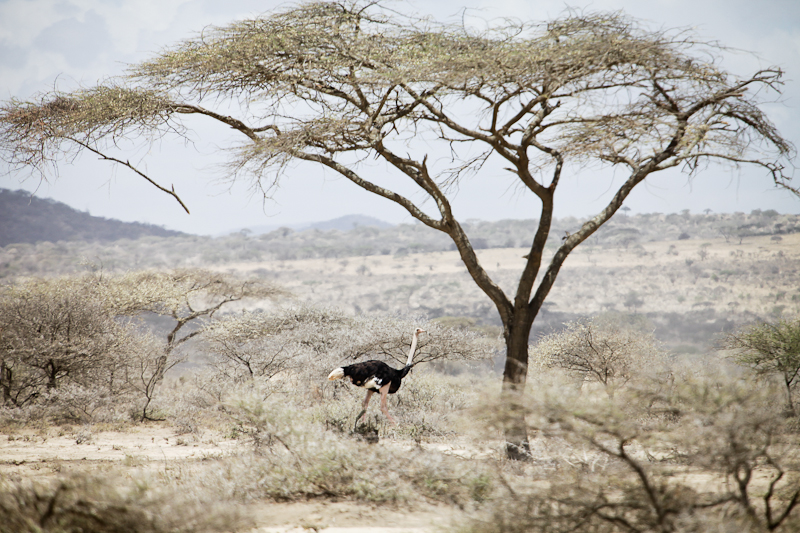
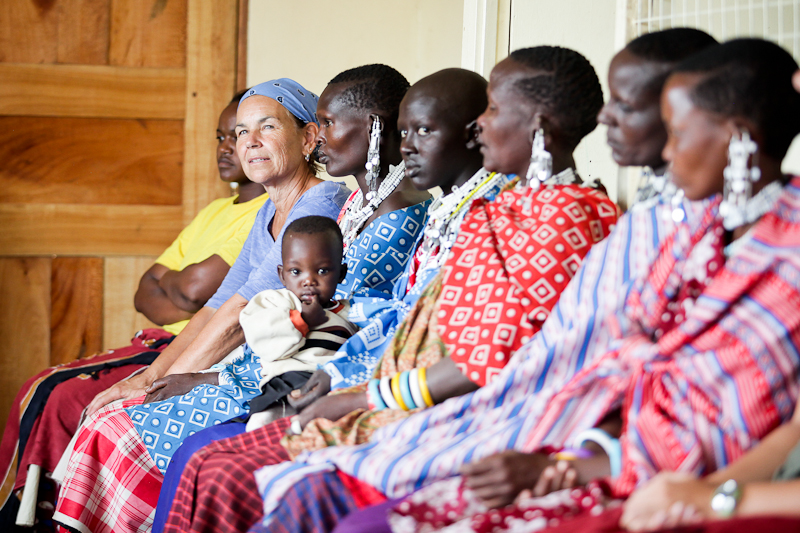
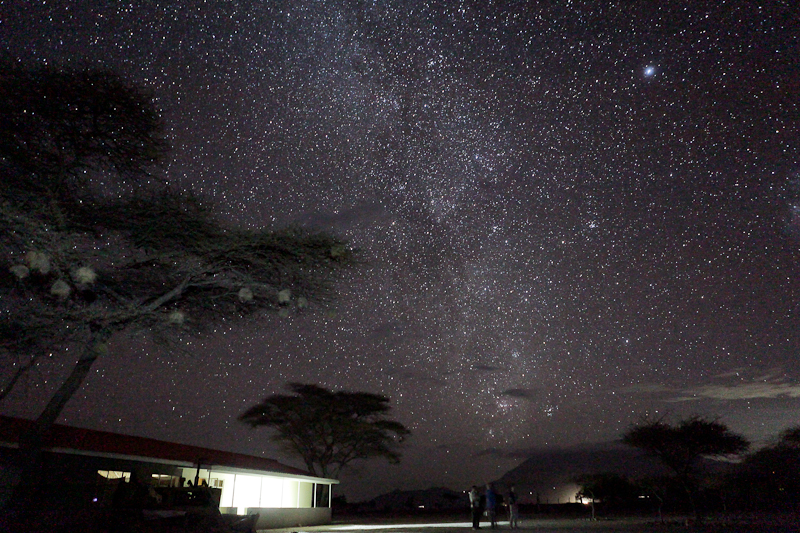
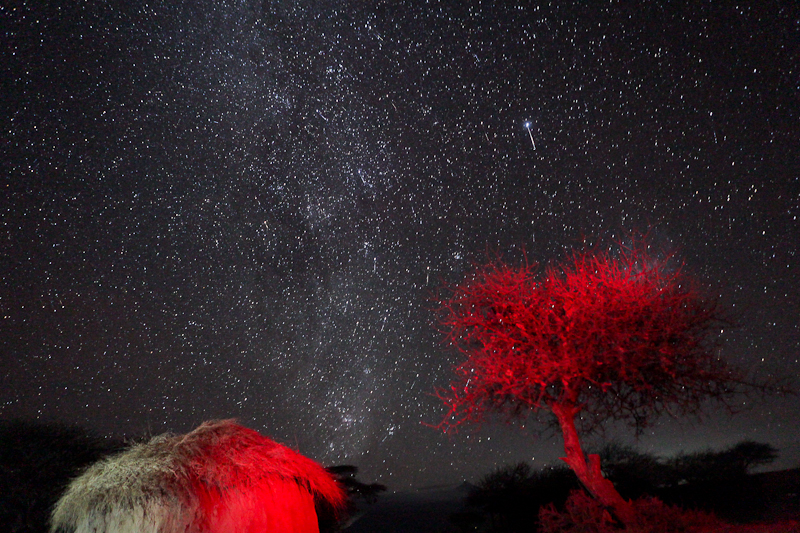
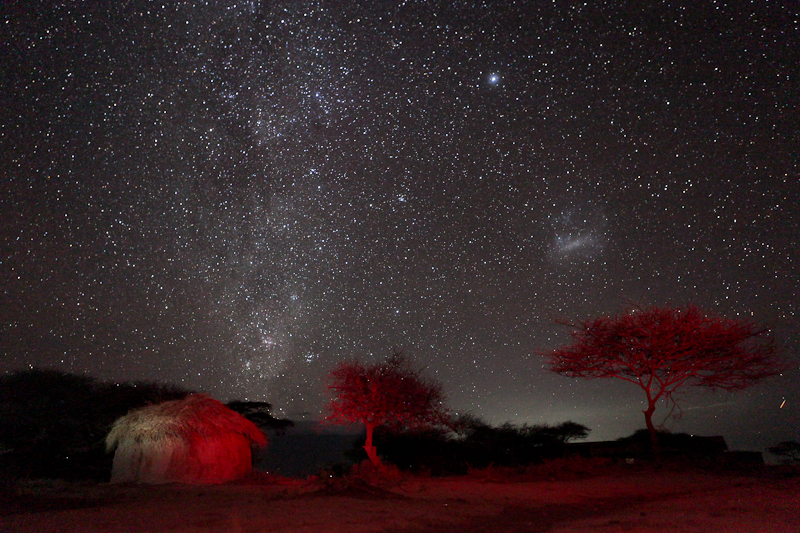
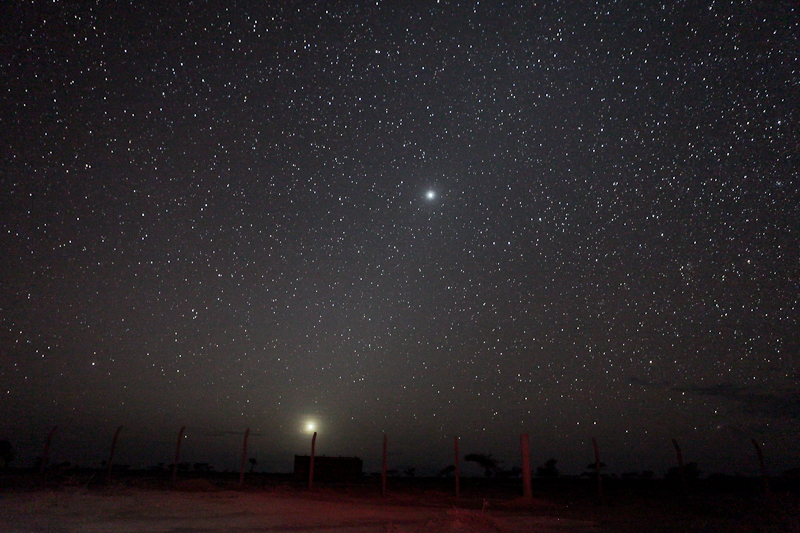
 Rhys Logan,
Rhys Logan,  YWAM Arusha,
YWAM Arusha,  africa,
africa,  african savannah,
african savannah,  arusha,
arusha,  bomas,
bomas,  engikaret,
engikaret,  faces4hope,
faces4hope,  maasai,
maasai,  maasai people in
maasai people in  travel photography
travel photography